DMCs: Should I Work with Wholesaler or Retail Travel Agent?
Part 1: The Roles of Retail Travel Agents, Whole-seller, and DMCs
DMCs
DMCs are the executors in the tourism industry and are mainly responsible for the following tasks:
- Receiving tourists: Receiving tourists sent by the retail travel agents and wholesalersand providing groupswith land services such as local transportation, accommodation, catering, scenic spot tickets and other services.
- Providing tour guide services: Dispatching local tour guides to accompany tourists on their tours and providing explanations, translations and other services.
- Arranging activities: According to the needs of tourists and itinerary arrangements, providing them with various tourism activities, such as cultural experience, outdoor sports, etc.
- Handling emergencies: Efficiently managing emergencies during tours, such as instances of tourists falling ill or luggage going missing, is crucial to safeguarding the rights and interests of the travelers.
Destination Management Companies (DMCs) must collaborate with wholesalers and retail travel agents to secure group bookings. Nonetheless, given that their primary operations hinge on volume, the profitability of individual groups tends to be notably low.
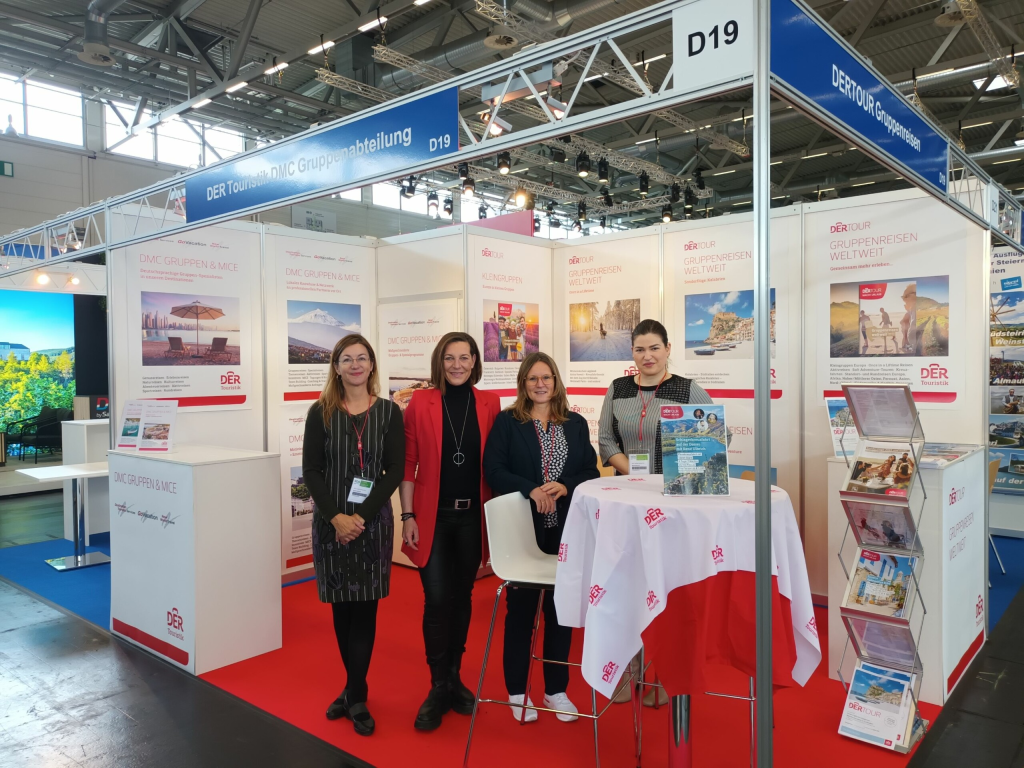
Wholesalers
Wholesalers are coordinators and suppliers in the tourism industry, and are mainly responsible for the following tasks:
- Procurement of tourism services: Procurement of tourism services from suppliers such as DMCs, hotels, scenic spots, restaurants, etc.
- Setting prices: Setting price of tour packages according to the market and competitors’products.
- Coordination: Responsible for coordinating between retail travel agentsand local DMCs, and solving problems and contradictions in the tourism process.
Wholesalers essentially arise from the aggregation of resources. Retail travel agents face practical and financial constraints that prevent them from establishing direct connections with overseas DMCs. In simpler terms, wholesalers are tasked with identifying and consolidating destination resources . Acting as a conduit between DMCs and retail travel agents, travel wholesalers can significantly reduce time and costs for both parties.
Retail Travel Agent
Retail Travel Agents is organizers and planners in the tourism industry, and are mainly responsible for the following tasks:
- Tourism product planning and promotion: design various tourist routes and activities according to market demand, and promote them through advertisements, exhibition, etc.
- Recruit tourists: recruit tourists through online and offline channels, sign travel contracts with them, and collect deposits.
- Provide tour leaderservices: dispatch tour leadersto accompany tourists on tours, and be responsible for supervising whether DMCs implement the provided route standards.
Retail travel agents are now divided into online and offline customer acquisition. Online customer acquisition is mainly based on various OTA platforms, such as: Ctrip, Fliggy, Qunar.com, Little Red Book etc., and offline customer acquisition is mainly through stores, sales meetings, etc. Because the number of customers received by a single retail travel agent is unstable, most of the prices sold are mainly based on the routes provided by travel wholesalers or DMCs, and the profit also comes from the price difference of the products.
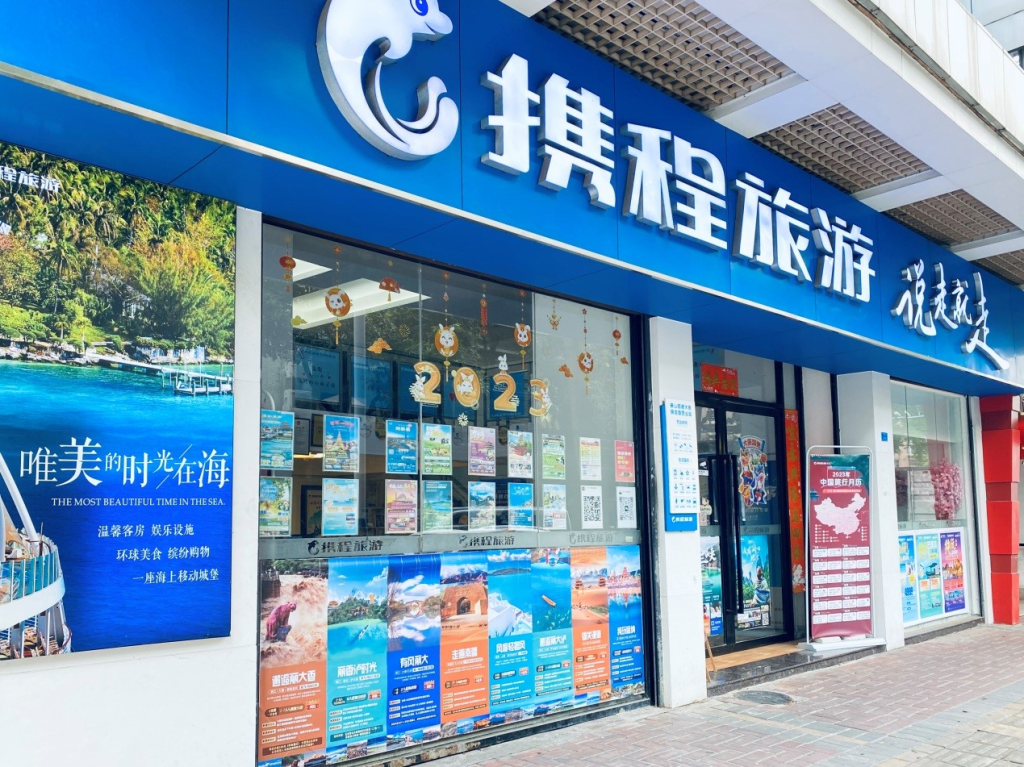
Part 2: DMC – Work with a Wholesaler or Retail Travel Agent?
In the dynamic landscape of the tourism industry, the decision for Destination Management Companies (DMCs) to work with either wholesalers or retail travel agents is becoming increasingly complex. Establishing relationships with both types of clients would be the best-case scenario. However, with the evolving trends in China’s outbound tourism market, particularly in 2024, an increasing number of tourism wholesalers are opting to directly procure hotels, restaurants, attractions, and guides from abroad. This shift has significant implications for DMCs and presents both challenges and opportunities.
Impact on a DMC:
- Increased Competition: As wholesalers bypass DMCs and establish direct connections with local service providers, DMCs face heightened competition. This could lead to a reduction in the volume of business that DMCs handle, as wholesalers may choose to manage operations independently.
- Margin Compression: With wholesalers cutting out the middleman, they can offer more competitive prices to retail travel agents and directly to consumers. This puts pressure on DMCs to lower their prices to remain competitive, which could result in thinner profit margins.
- Negotiation Power: The direct procurement by wholesalers might reduce the negotiation power of DMCs, as wholesalers can leverage their increased volume to secure better deals from local service providers, potentially undermining the relationships DMCs have with these providers.

Part 3: Three Strategies for Overseas DMCs
Value-Added Services: DMCs should focus on providing value-added services that cannot be easily replicated by wholesalers. This could include unique local experiences, personalized itineraries, and high-quality customer service that leverages their intimate knowledge of the destination.
- Partnership and Collaboration: DMCs should seek to form strategic partnerships with a select group of wholesalers and retail travel agents. By offering exclusive deals or early access to new products, DMCs can incentivize partners to continue working with them rather than going direct.
- Direct-to-Consumer Marketing: In response to wholesalers’ direct procurement, DMCs could consider expanding their direct-to-consumer marketing efforts. By building a strong brand and establishing a direct relationship with travelers, DMCs can capture a share of the market that might otherwise go to wholesalers or retail travel agents.
- Technology and Innovation: DMCs should invest in technology to streamline operations and improve efficiency. This could include developing online booking platforms, using data analytics to better understand customer preferences, and implementing mobile apps to enhance the tourist experience.
Conclusion
In conclusion, while the trend of wholesalers directly procuring services poses challenges to DMCs, it also presents an opportunity for DMCs to innovate and differentiate themselves in the market.By focusing on value-added services, building strategic partnerships, expanding direct marketing, and embracing technology, DMCs can continue to thrive in a competitive landscape.
World Wander Partners, with its deep understanding of tourism marketing and Chinese tourists, stands ready to assist DMCs in forging these strategic alliances. We encourage you to take the initiative and start building connections with Chinese tour operators to seize the opportunities in the Chinese market in 2024 and beyond.






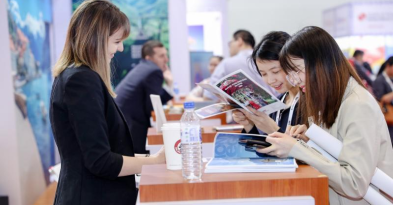
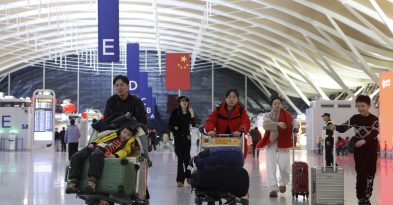



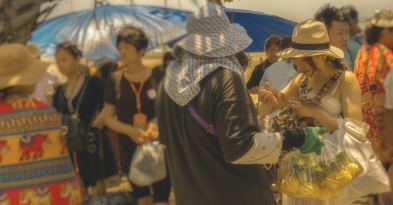
Leave a Reply